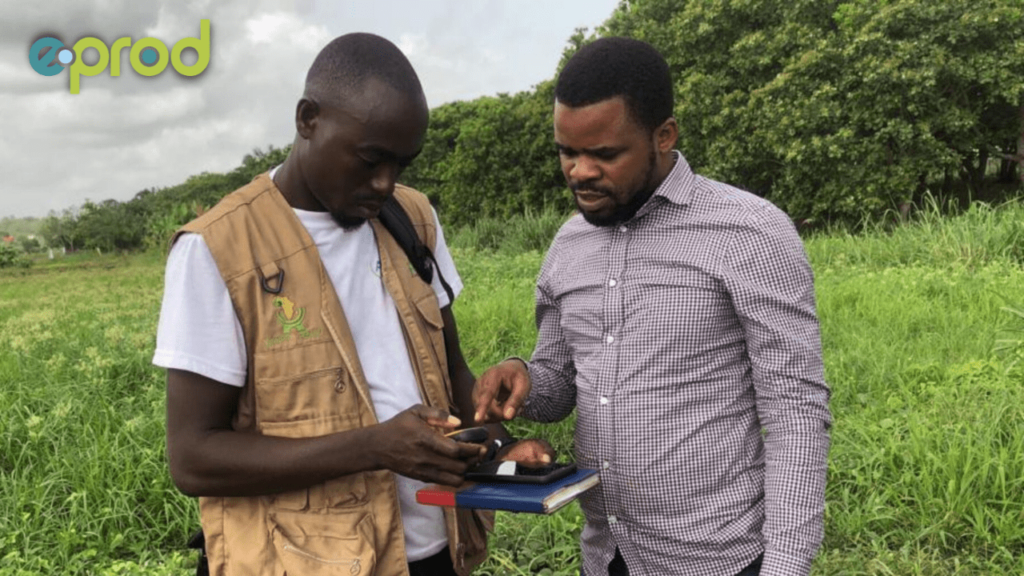
Global headlines warn of an impending food crisis due to the war in Ukraine that has destroyed hope for grain harvest for some years to come. The situation is compounded by an already severely disrupted food supply due to the Covid-19 pandemic. Food insecurity is expected to be the worst the world has seen in more than 80 years. According to a press statement by the UN World Food Program Executive Director David Beasley, the world is facing its biggest humanitarian crisis since World War II.
Meanwhile, Africa’s agriculture output potential is huge, estimated at $1 trillion by 2030. Much of Sub-Sahara Africa still imports food, however, this crisis might represent the catalyst for accelerating food production.
Critical to increased production is increased skills and networks. eProd Solutions and Buhler have joined together to provide an online training course for grain traders and millers across Africa.
Last week, Corinne Fleischer, World Food Program’s Regional Director for the Middle East and North Africa, joined other food experts in raising the alarm on the current food crisis facing Africa and the world. “We are extremely concerned about the millions of people in this region who are already struggling to access enough food because of a toxic combination of conflict, climate change, and the economic aftermath of Covid-19,” said Fleischer. “People’s resilience is at a breaking point. This crisis is creating shock waves in the food markets that touch every home in this region. No one is spared.”
Ukraine accounts for more than 10 percent of the global wheat market. Forty percent of this goes to Africa and the Middle East. According to UN FAO, world food prices have increased by 24 percent in the past six weeks.
The situation seems dire, however, there could be a silver lining for African farmers and agribusinesses.
“Kenya imports 28 million bags of flour annually, while it produces only 600,000 bags,” said Paloma Fernandes, CEO of the Cereal Millers Association. “The Ukraine crisis is hurting consumers but creating significant opportunities for farmers in Sub Sahara Africa.”
Indeed, an increase in global demand could increase the bottom line for African farmers. In addition, the decrease in wheat imports could bring a pivot for an increase in locally produced crops – such as millet in much of West Africa. In addition, the Africa Development Bank and other development institutions have signaled an aggressive commitment to helping African farmers ramp up their production. The ADP and partners have set a target of $1 billion to increase food production in Africa – -including wheat and other local crops like soybean and rice. The expectation is more than 40 million farmers would benefit from increased production.
Experts suggest investment needs to focus on developing expertise. In last month’s launch of the AGRA Agribusiness Outlook Report, Matthias Grabe, Buhler East Africa Managing Director, expressed a critical need for more savvy skills within agriculture. “Where we need most investment right now is in the capacity space of strengthening training and skills. Market value chains are in place, but more output requires more depth in skills that help farmers and millers improve technology and output.”
Buhler together with eProd Solutions last month launched an online training platform called Africa Grains Online to help millers across Africa develop their skill set in a wide range of topics. The free course is made up of 14 modules ranging from Grain Science to Quality Control to Access to Finance.
Jan Willem van Casteren, CEO of eProd Solutions said the relevance of training like this could not be overstated. “We set this course up to respond to the production decline in milling and the lack of training support during the years of the Covid Pandemic,” he said. “Suddenly, the world faces even greater food insecurity due to what is happening in Ukraine. This is the time for out-growers and millers in Africa to play a part in revitalizing the sector in Africa.”
